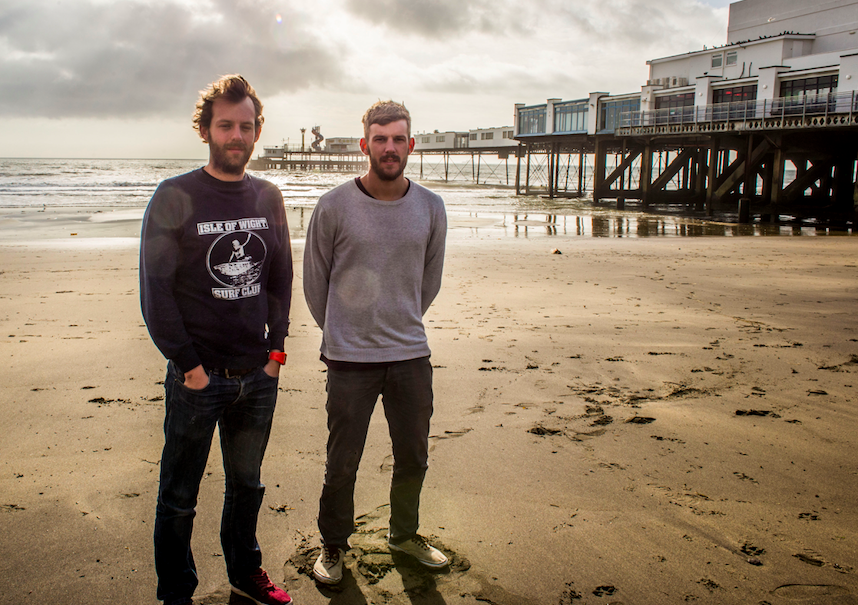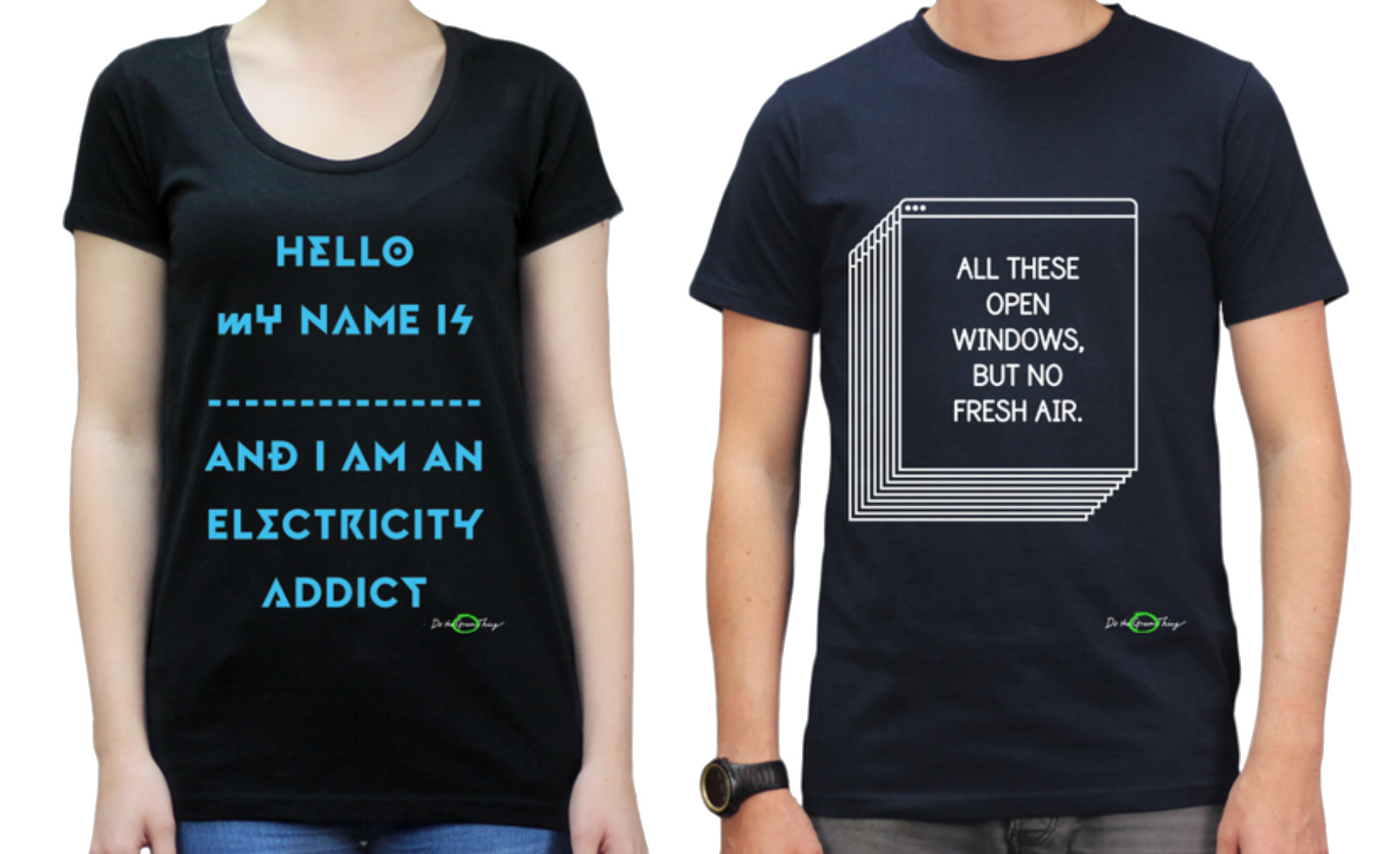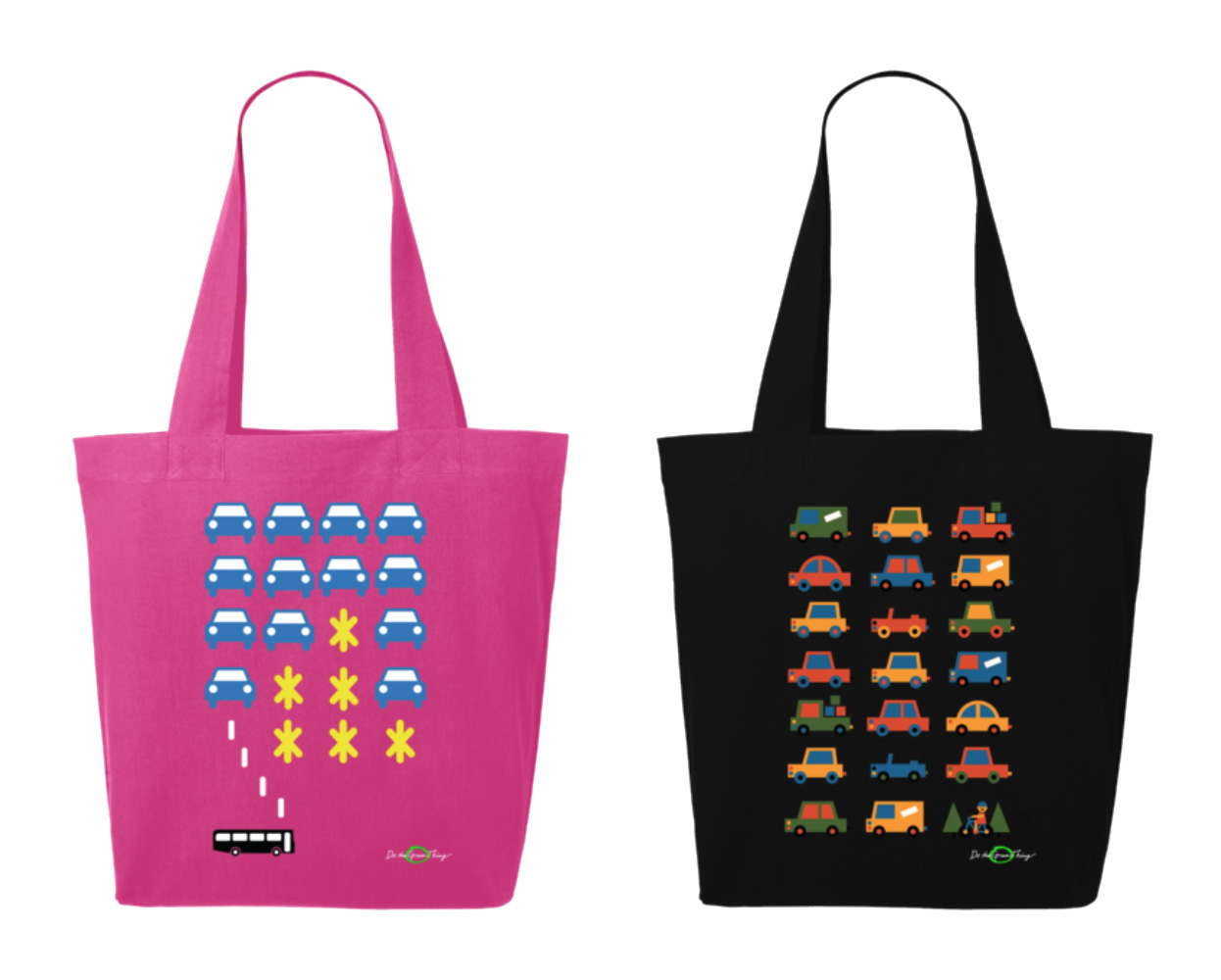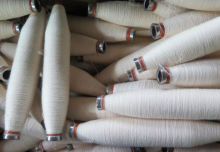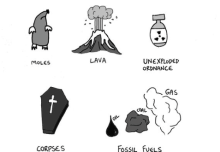Righteous Rapanui: great clothes with a side of ethical
The ever elusive and wavering landscape of ‘ethical fashion’ is as much besmirched as it is encouraged, derision over historic hemp use is a reputation that brands old and new are trying to shake off.
In strolls Rapanui, living the circular economy dream, where rather than adding sustainability to business, they are built on it.
Born and raised amongst the far flung rolling hill filled horizons of the Isle of Wight, local lads and Rapanui founders Rob and Mart Drake took on a DIY strategy to fill the void of simply great clothes that don’t come at a crippling cost to people and planet.
Fast forward six years and they’ve only gone and managed to implement a fully-fledged “bang-on-trend” fashion line, based on the philosophy of traceability, supporting both the environment and social enterprise. A method that they have democratised and made available to designers and artists alike through their Teemill off-shoot.
To celebrate our partnership with them (you can totes buy bags and tees with your favourite DTGT designs on) we wanted to delve deep into their thoughts and feelings. Enjoy.
Why did you come up with/start Rapanui?
Around the time we were both finishing uni we were looking for something to do, it’s 2008 and there’s no jobs. My degree was in wind turbine engineering and Rob’s was in business. So over the course of a holiday to France, I think, we sort of had discussed the idea of starting a business. We had about £200 each so couldn’t get into the wind power market and to be fair, we were incredibly inexperienced with it means to run a firm.
T-shirts and Rapanui just sort of happened as it was the first thing we thought of that was do-able. It didn’t work for a few years at least, financially, but because it was almost always growing – albeit in tiny increments – we never gave up. Now it’s still growing but is a much bigger and more powerful thing.
Do you think individuals can make a difference to climate change?
It’s an incredibly complex issue. People are only just starting to think of things as flows and systems. For example, in medicine, people look at the gut as a ecology or biome now, rather than just an organ or two. The same is true with the planet, where Co2 from a car journey to the supermarket is connected to the changing climate which is connected to agricultural output which is connected to the price of bread at the very supermarket we’re hypothetically driving to. We used to just say “Amazon” and then try and use one less sheet of toilet paper. It’s evolving.
Most thought leaders are only just working it all out. The Circular Economy and Ken Webster’s new book, Wealth of Flows is cutting edge – most people have never heard of it. Meanwhile in schools, the curriculum teaches our kids that wind power is inefficient (An odd argument… What’s 30% of zero?)
So back to the question, bear in mind most individuals live within an economy that doesn’t yet provide that kind of knowledge, let alone the education system to train the next generation, we’re woefully unprepared for the future. Even if we wanted to, the economy in 2015 is by and large built on and around fossil fuels and strongly imbalanced towards the old consumer model and anchored there by vested interests. It’s hard to see how an individual can change it all.
My personal opinion is that an individual activist or charity wouldn’t be able to, but a business might. Charities have been working on poverty for generations, Steve Jobs worked on the iPhone for a few years. Look around and see how that one company changed the world, there’s an iPhone within 10 meters of most people on the planet probably. Yet if Apple had linked their iPhone sales price to an investment in renewable energy, he would have changed the world. Infact, with over $200 billion in the bank, they still could build enough wind turbines to power most of Europe.
So that is our aim, to use the market forces – not try to point out how bad they are.
How easy/difficult is it to run a sustainable business?
Easy if your business is built on values, because every sustainability opportunity makes the business stronger, more efficient and more profitable. For example, we were looking for a way to reduce waste, improve the biodegradability of the ink component of a Rapanui t-shirt. We developed a new technology and build a print-on-demand factory on the Isle of Wight that unlocked these gains, allowed us to reduce our prices by 25% and increased our profitability by 30% , then open up new market opportunities that has launched a massive growth stage.
However, if you were trying to make your business a bit more eco so you can benefit from the marketing spiel, it normally ends in tears – because it’s expensive to “green up” an existing business with the odd certificate or stamp, and consumers see right through it anyway. So sustainability and business can work together nicely in a values based business like ours, which was built on and is fully committed to sustainability. But it’s not a quick win. It’s a tear it up and start again thing that takes years.
In your experience is the sustainability aspect of your clothes an added bonus to the consumer or a driving force behind them coming to Rapanui?
Neither. The first time Rapanui visitor doesn’t really care about sustainability as they don’t know enough about it. They are primarily about buying nice cool products. So first and foremost, our aim is to make our product cool, of a very high quality and delivered with fantastic service. If the consumer likes the product, the brand, their experience, they may read a bit more into it and start thinking a little more about sustainability. Possibly guided by the cues on the product (you can scan the swingtag and get an interactive map of the supply chain). We “give people what they need, packaged as what they want” – our aim is to sell them a product, and then change their mindset and finally become aware of the issues. At this stage, it’s hard for the consumer to go back to buying clothes that are of a lower ethical or sustainable value.
Do you think slogan tees can make a difference?
Depends what material they are printed on, where they were made and who made it!
The slogan is just words. The provenance of the product is real.
What’s the best bit of green living advice you’ve ever been given?
Think.
If you could sum up these vague classics ‘green/sustainable/eco/environmentally friendly’ into one word what would it be?
Start using the words Circular Economy.
If you were in charge for a day what would you do?
Put scientists in government, start with a proper carbon tax


